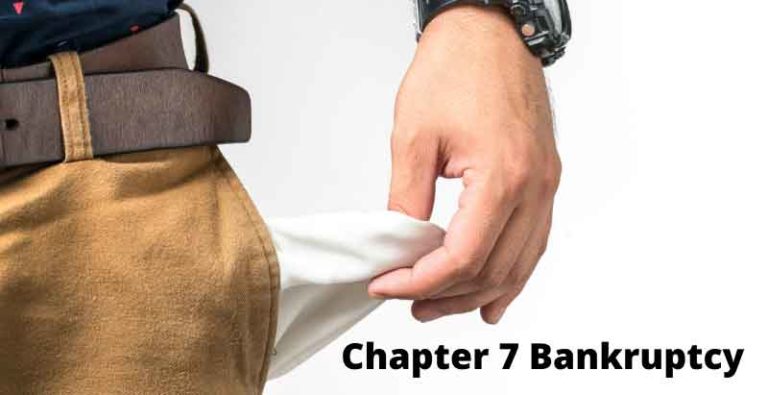Chapter 7 Bankruptcy
Home > Practice Areas Bankruptcy Chapter 7 Bankruptcy

Who is Chapter 7 for?
Chapter 7 is specifically designed for individuals and corporations – regardless of how much money is owed.
How does it work?
Chapter 7 is designed to offer individuals a fresh financial start. Under this chapter, all of the individual’s nonexempt property (see section “what is exempt?”) is sold. Then, the money resulting from that sale is used to pay off the individual’s debts. Some of the outstanding debts would then be dismissed and the individual is no longer required to pay them. Something that many clients find very helpful is that while this proceeding is taking place, and after bankruptcy has been successfully approved, creditors cannot take action to collect or repossess. The Bankruptcy code provides the bankruptcy protection, known as the automatic stay, from the moment of filing the bankruptcy case. This means no more creditor calls, final notice letters, new liens, or wage garnishments. Individuals must take an online course prior to filing bankruptcy and another course after the filing,
What debts are not discharged?
A list of the common types of debts that cannot be discharged include:
- Alimony.
- Certain taxes.
- Child support.
- Condominium and Homeowner’s association fees.
- Court fees.
- Fines or penalties owed to government agencies.
- New credit card debt incurred within 90 days before you filed for bankruptcy.
- Student loans.
What is exempt?
An Exempt Asset is property that the debtor can protect which cannot be sold or used to repay the debt. These include:
- Homestead or up to $4,000 in a property of choice (if homestead exemption not used).
- Up to $1,000 in personal property.
- Up to $1,000 in value for a personal vehicle.
- Alimony and child support.
- Federal income tax credits or refunds.
- Part or all of your wages.
- Pensions.
- Prepaid college education trust deposits.
- Prepaid hurricane savings accounts.
- Prepaid medical savings account.
What information is required?
Bankruptcy law requires full disclosure of all assets and liabilities. After an initial consultation with an attorney at the Law Office of Garcia Hernandez, P.A., the client will provided a detailed list of documents and information that are required including the following:
- A list of all creditors and the amount owed to each one.
- The source, amount, and frequency of the individual’s income.
- A list of all of the individual’s property.
- A detailed list of the individual’s monthly living expenses, i.e., food, clothing, shelter, utilities, taxes, transportation, medicine, etc.
If the individual filing is married, the above information is also required for their spouse regardless of whether they are filing together, separately, or even if only one spouse is filing for bankruptcy.
